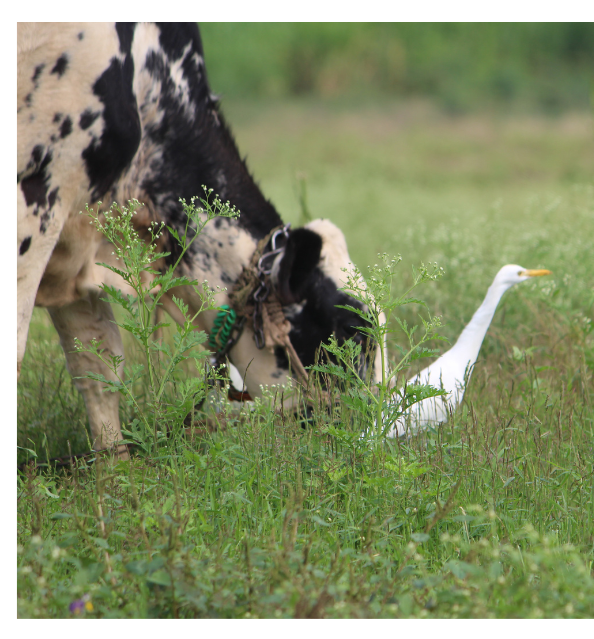
Our food choices have a profound impact on birds, wildlife, and the ecosystems they depend on. Industrial agriculture, habitat destruction, pesticide use, and climate change—all linked to food production—threaten bird populations worldwide. However, by making mindful decisions about what we eat and where our food comes from, we can help create a more sustainable future for birds and the planet.
We advocate for a bird-friendly lifestyle, and part of that includes supporting sustainable food systems by voting with our forks. From choosing local food that reduces habitat loss to supporting bird-friendly beef that protects grasslands, and opting for bird-friendly coffee that preserves crucial migratory habitats, every choice makes a difference. By aligning our diets with conservation values, we can help ensure a healthier world for both birds and people.
Bird-friendliness on Participating Properties
Our grassland surveys are helping to demonstrate the connection between good farming practices and bio-diversity. It's a win-win for everyone.
Waste in Missouri's Watersheds
Two centuries of land use in the Mississippi River watershed are reflected in the water quality of its streams and in the continental shelf ecosystem receiving its discharge. The most recent influence on nutrient loading—intense and widespread farming and especially fertilizer use—has had a more significant effect on water quality than has land drainage or the conversion of native vegetation to cropland and grazing pastures. The 200-year record of nutrient loading to offshore water is reflected in the paleoreconstructed record of plankton in dated sediments. This record illustrates that the development of fair, sustained management of inland ecosystems is linked to the management of offshore systems. Land use in this fully occupied watershed is under the strong influence of national policies affecting all aspects of the human ecosphere. These policies can be modified for better or worse, but water quality will probably change only gradually because of the strong buffering capacity of the soil ecosystem.
Linking Landscape and Water Quality in the Mississippi River Basin for 200 Years, BioScience, Volume 53, Issue 6, June 2003, Pages 563–572